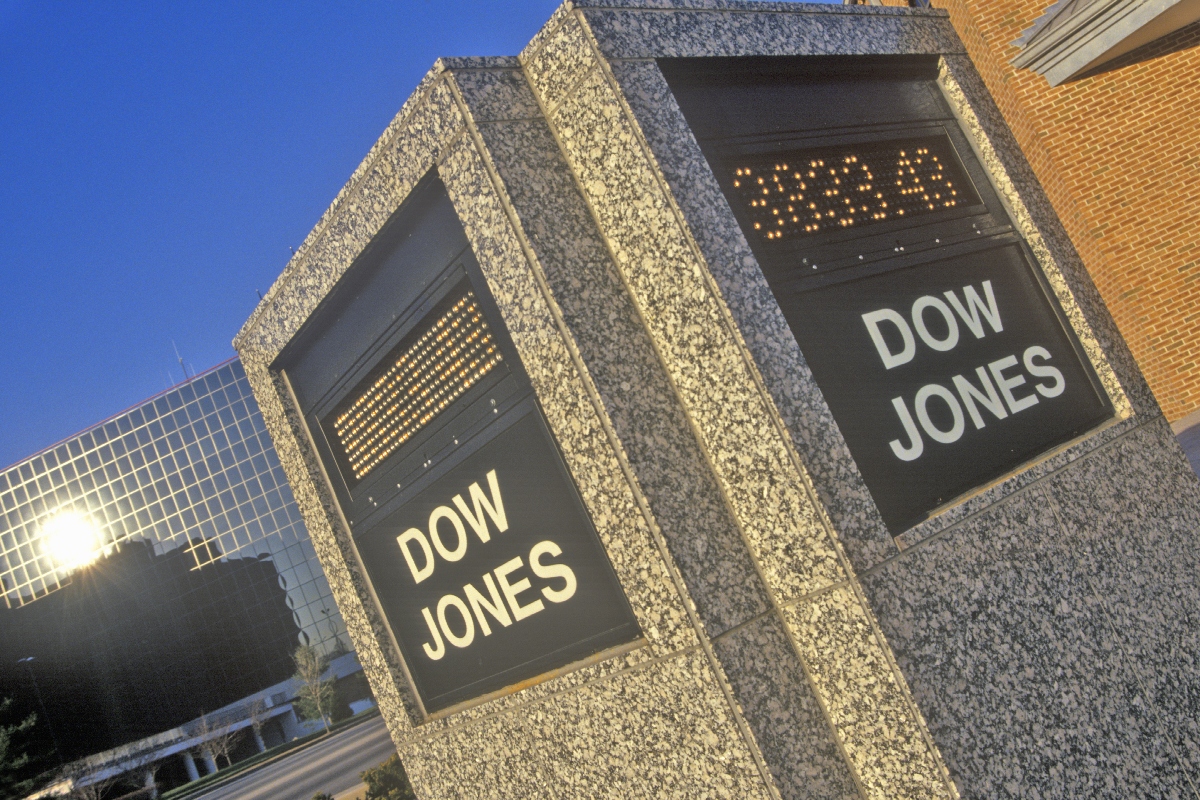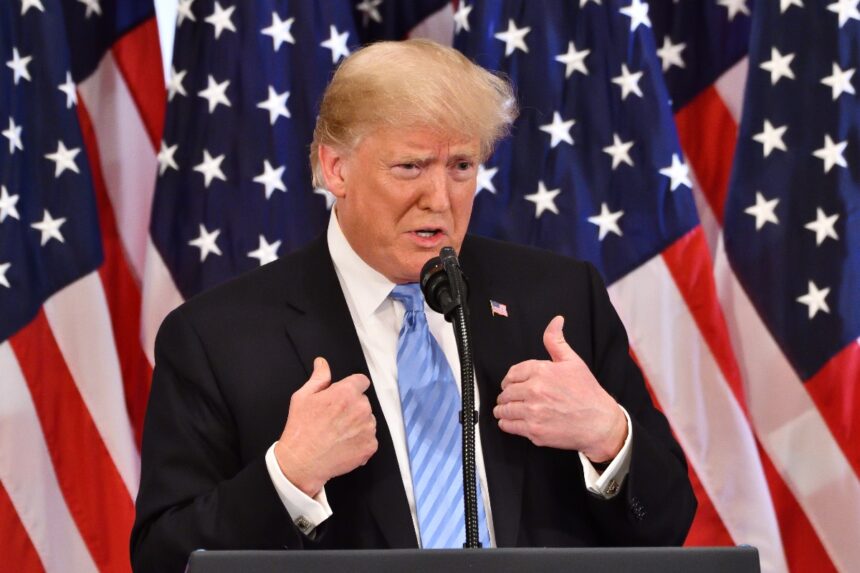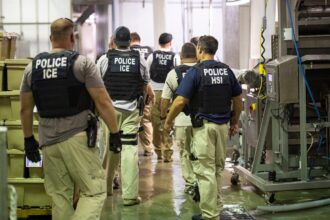Trade tension between the United States and China has reached a new critical point this April 7, 2025. Donald Trump, former president and current presidential candidate, threatened to impose additional 50% tariffs on Chinese products if Xi Jinping’s government does not withdraw the 34% retaliatory duties announced last week.
The warning was published on the Truth Social network, where Trump expressed: “If China does not withdraw its 34% increase added to its trade abuses before April 8, the United States will impose ADDITIONAL tariffs of 50% starting April 9”. He further assured that all bilateral talks will be cancelled if Beijing does not accede to his demands.
China responds

The Chinese government, through its Foreign Ministry spokesman, Lin Jian, warned that the Asian country “will firmly safeguard its legitimate rights and interests”.
The Chinese Ministry of Commerce also denounced the U.S. measures as violating World Trade Organization (WTO) rules.
Trade tensions between the United States and China have reached a new critical point
QueOnnda.com
A formal complaint has already been filed with the agency.
The scenario is complicated by the fact that if Trump makes good on his threat, China’s products would face a total tariff of 104%.
This would unleash an unprecedented trade clash between the world’s two largest economies.
Direct impact on the economy

The uncertainty has generated immediate reactions in the financial markets.
Since Thursday, major stock indexes such as the S&P 500 and the Dow Jones have recorded declines of more than 10%.
This Monday, April 7, the Dow had the largest intraday swing in its history, reflecting the volatility generated by the tariff dispute.
Experts warn that this escalation could lead to a new global economic recession.
In addition to particularly affecting key sectors such as manufacturing, retail and agriculture.
For the U.S. Hispanic community, many of whom work in these industries, an economic slowdown can translate into cutbacks, unemployment or declining household incomes.
Trump, for his part, has defended his stance as a means to protect U.S. industry and pressure China to change its practices.
It has also urged the Federal Reserve to lower interest rates to ease the economic impact, although Fed Chairman Jerome Powell has warned that tariffs could raise inflation.
For more information, visit QueOnnda.com.






















